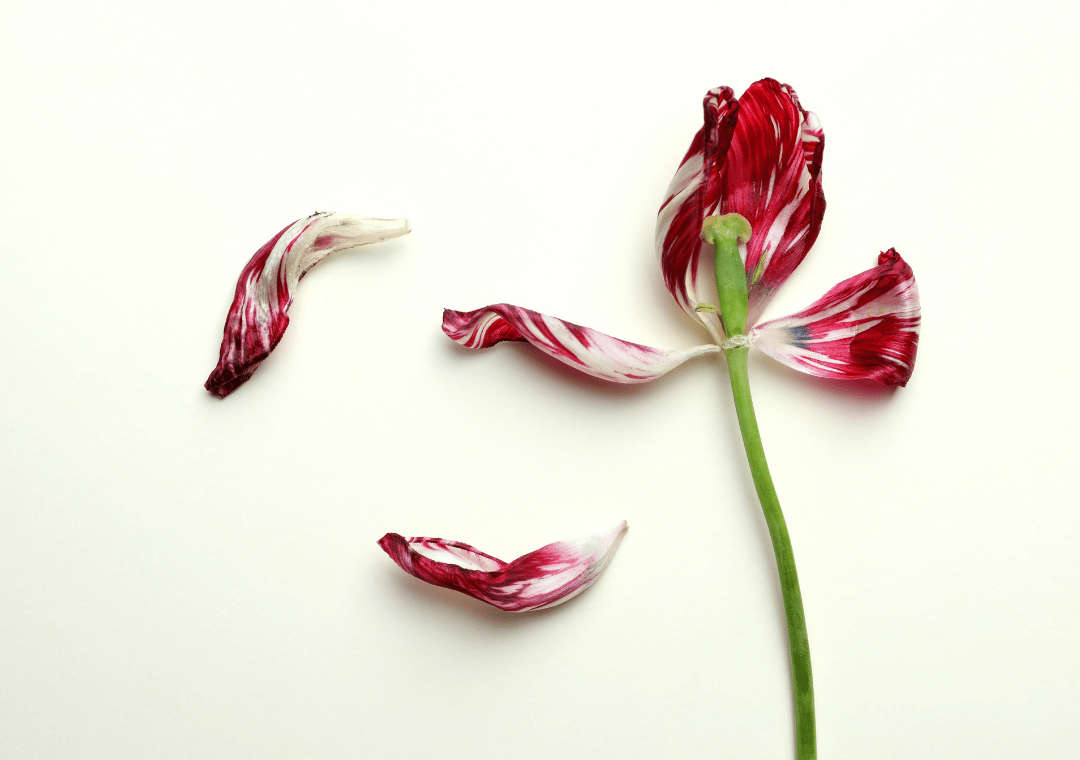By Christine Marie Mason, Founder and CEO of Rosebud Woman

As women’s ovaries age, estrogen levels begin to decline. This starts in the mid-30s and accelerates through perimenopause and usually into the mid to late 40s, until menstruation ends, around the age of 52. Then, women enter the phase of life without ovulation or bleeding: post-menopause, or as I like to call it, the “Free Period.” The decreasing and fluctuating estrogen levels in the transition to menopause can bring on 36 different kinds of responses in the body, including hot flashes, palpitations, sweating, fatigue, anxiety, depression, insomnia, and vaginal dryness.
In general, the way to get through menopause with the least amount of disruption (within the context of your own biology) is to follow the same advice we get for healthy living the rest of our lives: daily cardio exercise, weight-bearing and mobility exercise, drink a lot of water, don’t consume alcohol, eat veggies and fiber and lean proteins, limit refined sugar, limit stress, have friends, be engaged in community, practice gratitude, and don’t hold grievances.
That said, we can still use nutrition, functional health foods, and supplements to add estrogen to our systems, to alleviate many menopausal symptoms, and to buffer the body after menopause from osteoporosis and heart disease.
The first thing to try is to add plant-based estrogens to your system through diet, especially the following two categories:
- Lignans: (Whole grains, Flaxseed, Sunflower Seeds, Certain Fruits and Vegetables) are your friends here. Lignans alleviate menopausal symptoms. They are also known to fight inflammation and cancer and support the cardiovascular system.
- Soy Isoflavones: (Natto, Tofu, Supplements) For some women (55% of Asian women and 30% of Western women), soybeans support estrogen production. For others that don’t produce equol, there’s no estrogen produced by soy.
Two others to try are Nigella sativa or black cumin seed, an aromatic that you can add to almost any savory dish, and pine nuts.
Once you’ve incorporated these, we can turn to traditional medicinal and apothecary to manage symptoms. Note: I only cite items that have nutritional studies incorporating the Menopause Rating Scale (MRS), which describes 12 of the most severe symptoms, in the assessment of how herbs, supplements and food impact the day-to-day experience of women in active menopause.
These herbs are documented to provide relief from menopausal symptoms, and are smoothie-ready:
- Bee Pollen, Natural form
- Maca, Powdered
- Omega 3s, Liquid
- Rhubarb, Fresh or Frozen
- Pine Pollen, Natural Form
- Pomegranate, Fresh or Powdered
- Red Ginseng and Siberian Ginseng, Fresh or Powdered
These herbs are likely better in a capsule:
- Ashwagandha root extract
- Black cohosh (1)
- Evening Primrose
- Sophora Japonica Fruit Extract
- St. John’s Wort (1)
- Thistle
It’s also important to note that the skin is the body’s biggest organ, and it needs nourishment just as much as the rest of your body. Rosebud Woman’s Honor Everyday Balm, Arouse Stimulating Serum, and Soothe Calming Cream are a few key products that can heal, calm, and stimulate your skin and overall body during menopause and beyond. We also recommend Binto’s Menopause: The Survival Kit, which contains Binto’s Women’s Complete multivitamin, women’s probiotic + prebiotic, and DHA/EPA.
Whatever you do, know that you will get through this time, too, and talk with your healthcare practitioner about any symptoms that you’re having trouble with. I know that there are solutions – whether they are lifestyle, nutritional, or medicinal.
Head over to Rosebud Woman for more information and use code BINTO10 for 10% off and a gift with purchase.
Christine Marie
The Rose Woman Podcast on Spotify
@the.rose.woman
@RosebudWoman
Footnotes:
- Black cohosh and St. John’s wort should not be used to treat hot flashes for breast cancer survivors due to the risk of drug interactions.
- Many of these herbs mitigate menopausal symptoms but bind to estrogen receptors over time, and the long-term impacts of that binding are not known. The only supplement that alleviated menopause symptoms but did not bind to ERs was a combination of three herbs coming out of Korean research referred to as CPAE (Cynanchum wilfordii, Phlomis umbrosa and Angelica gigas), with the EU having validated it though studies. It is marketed in the US under the brand name EstroG-100.

